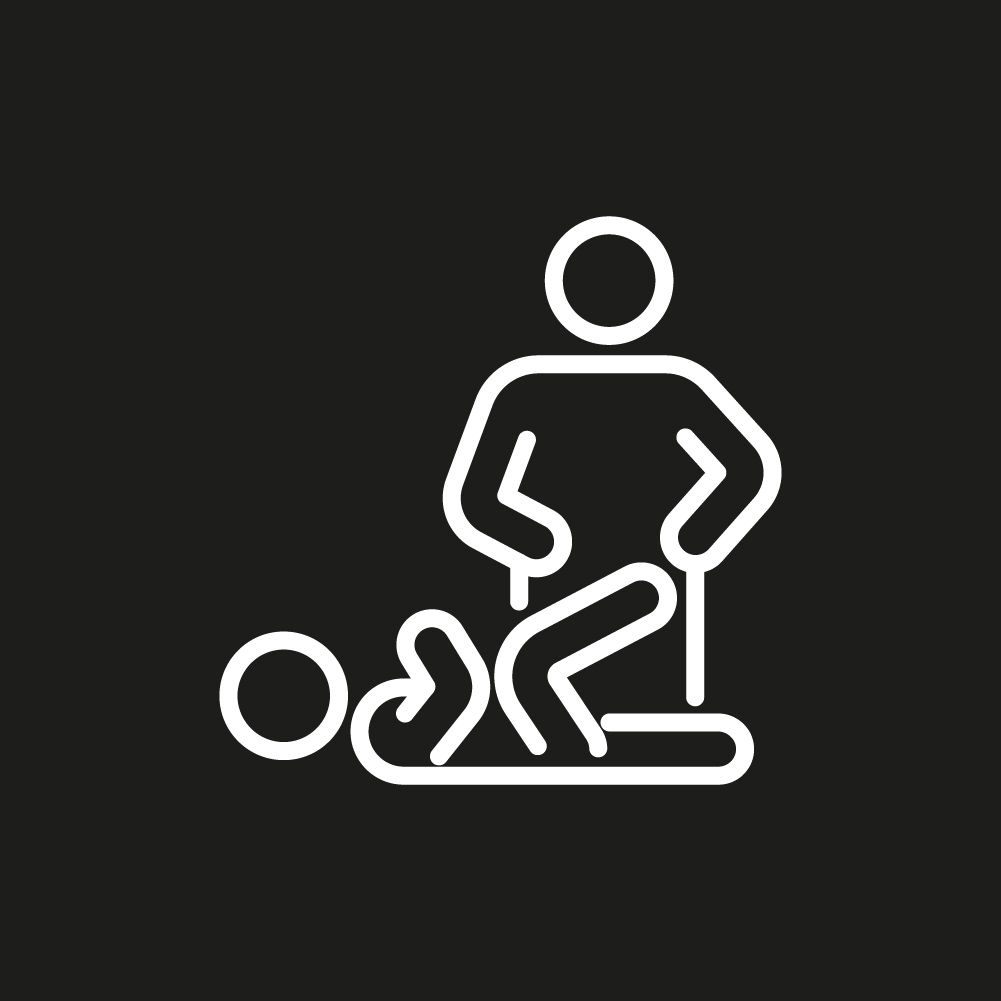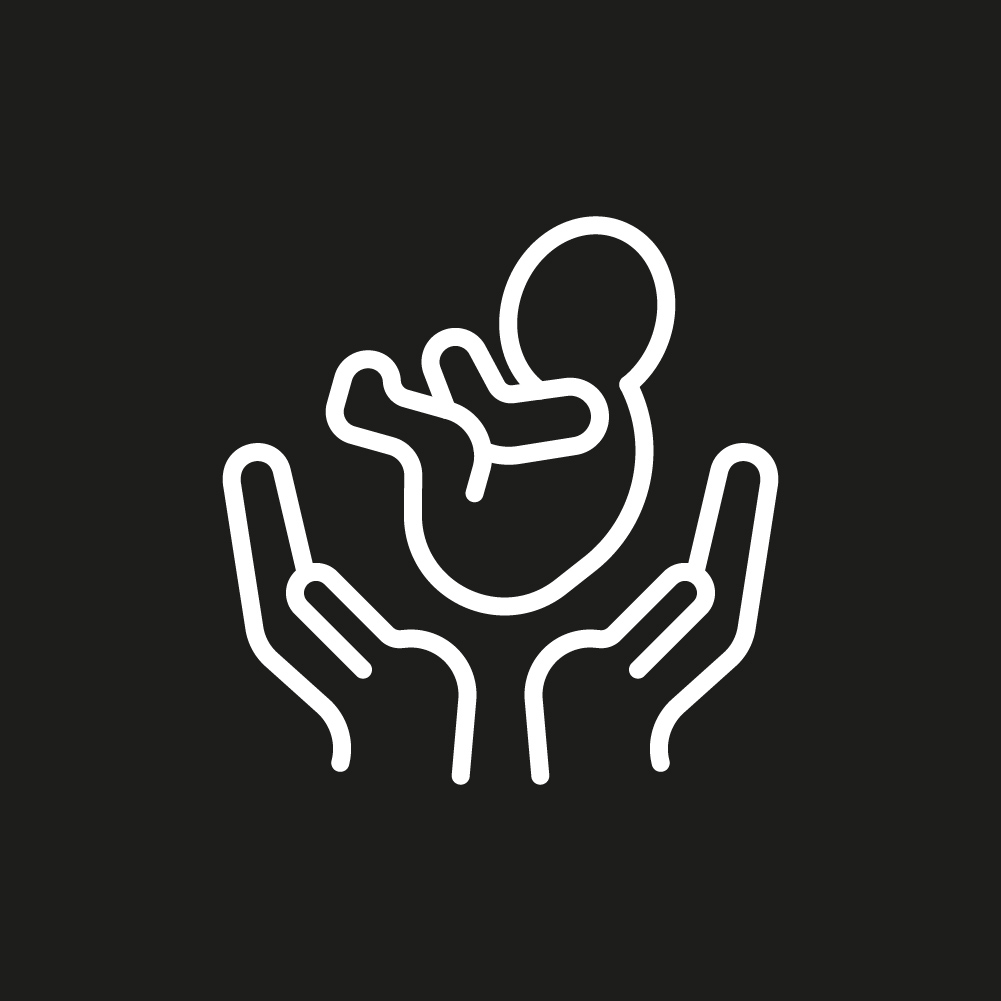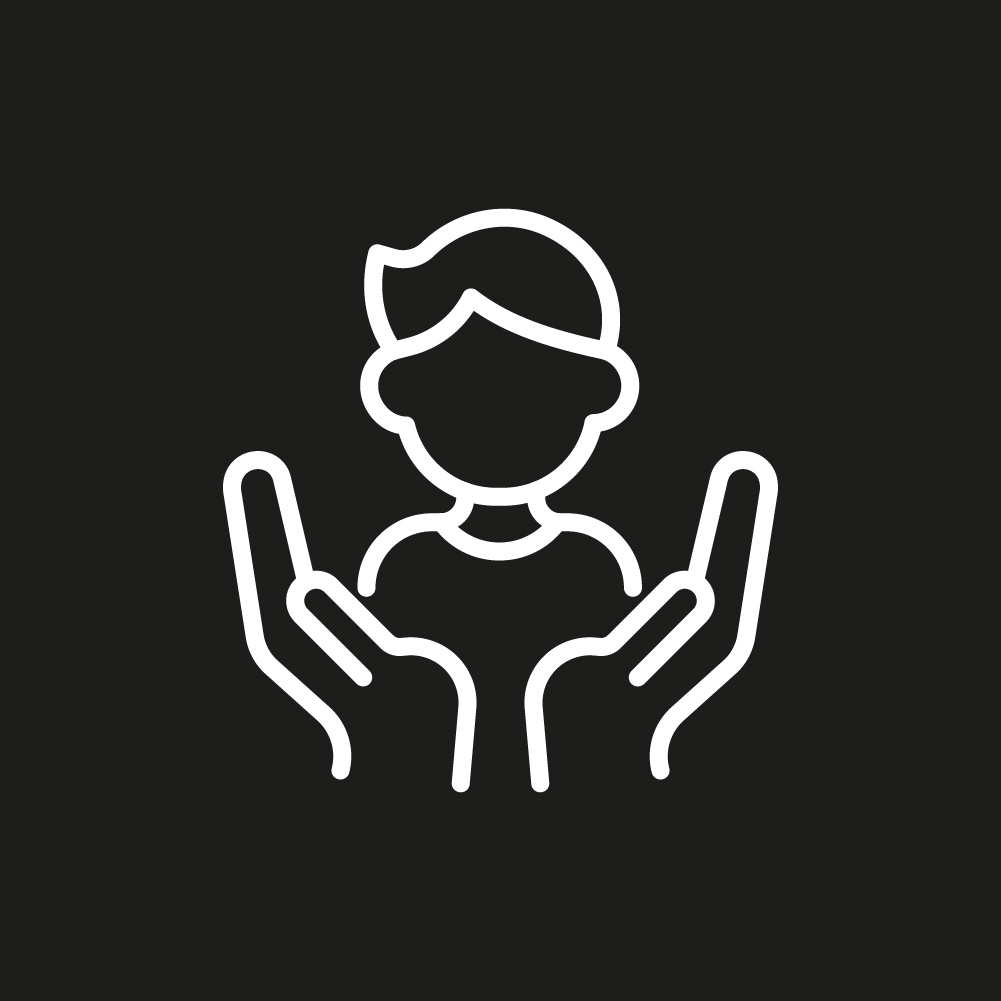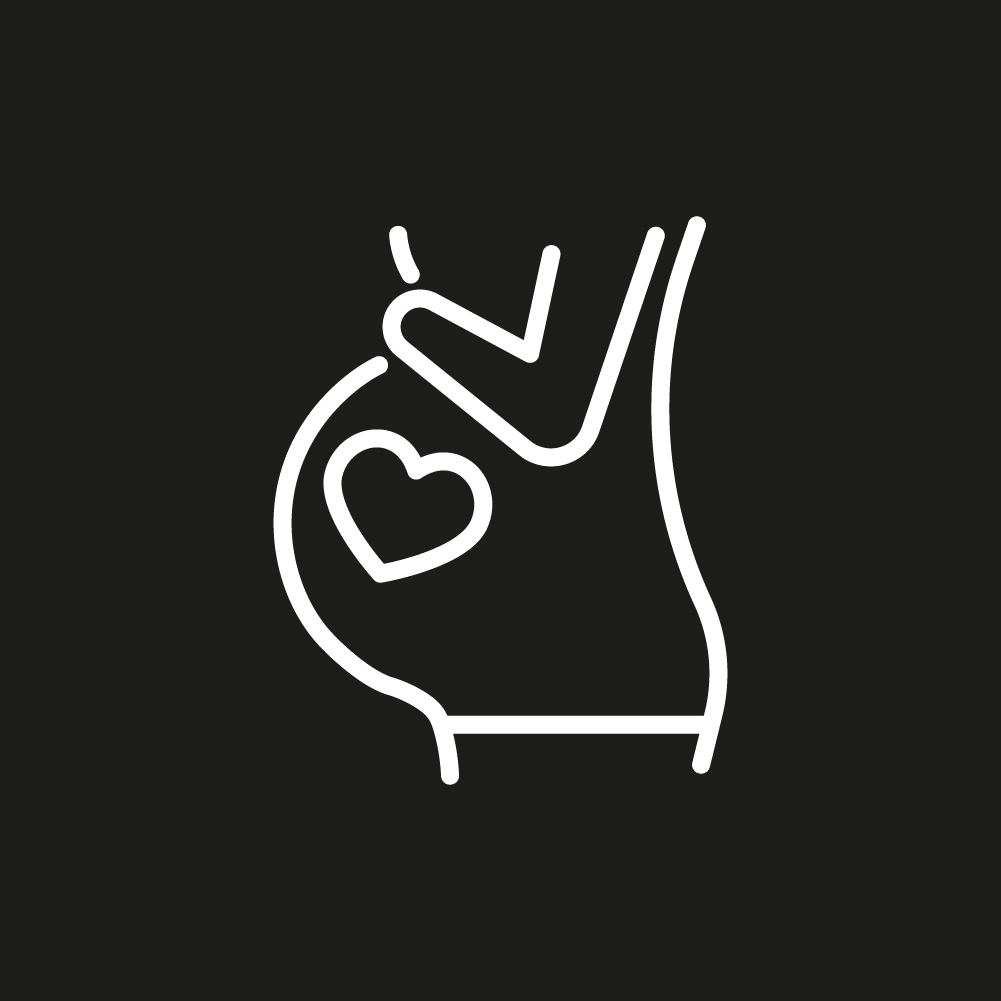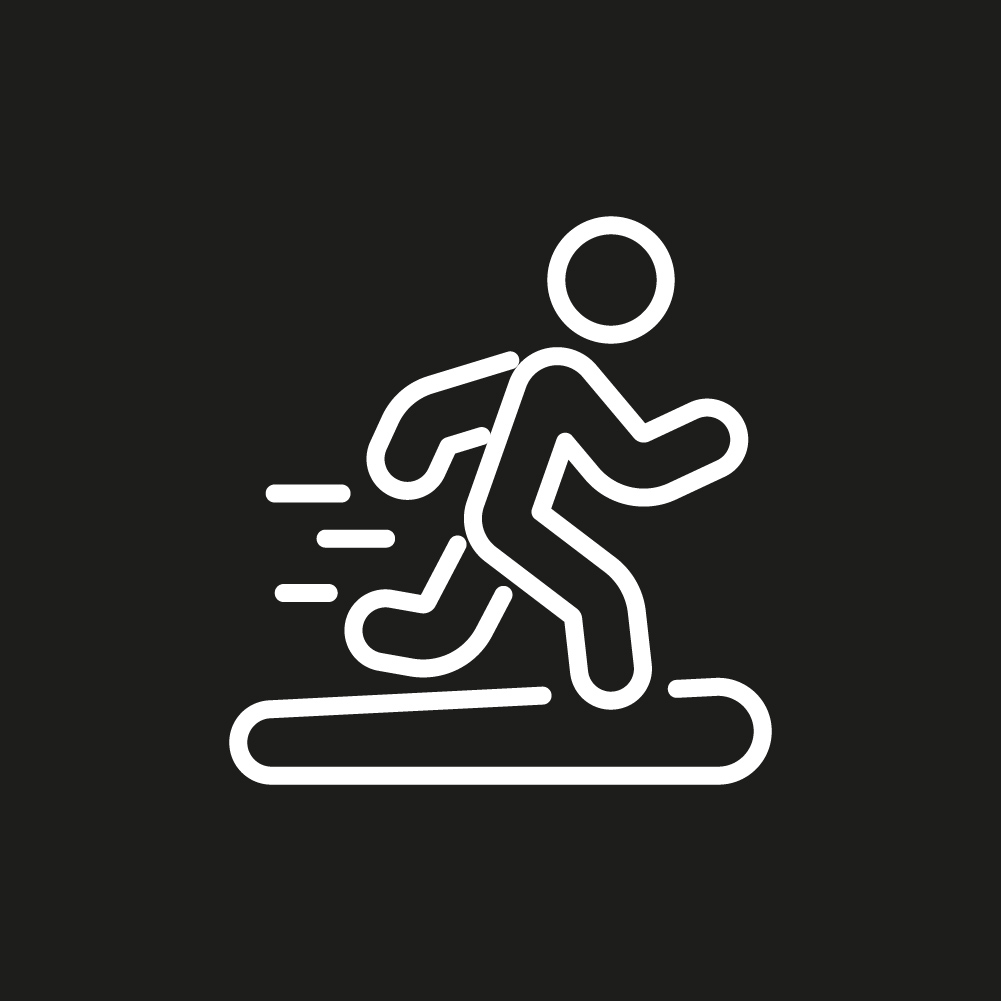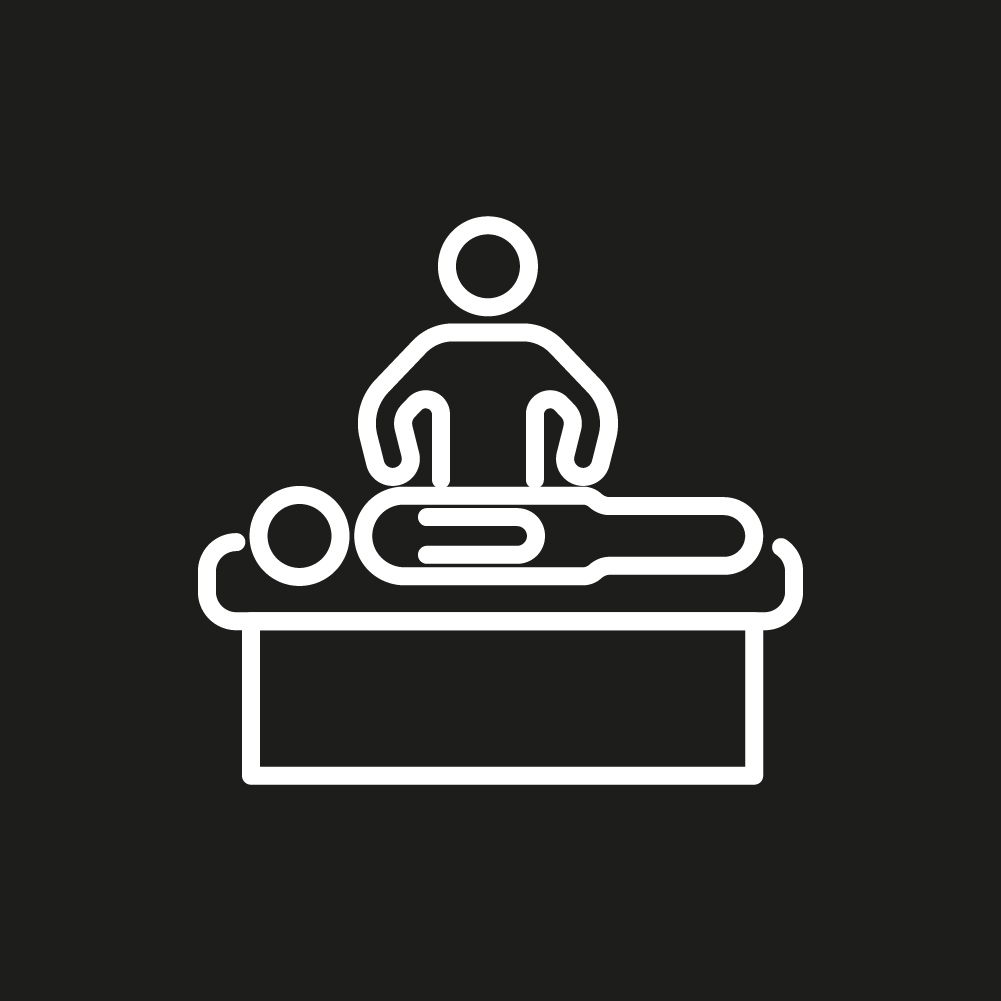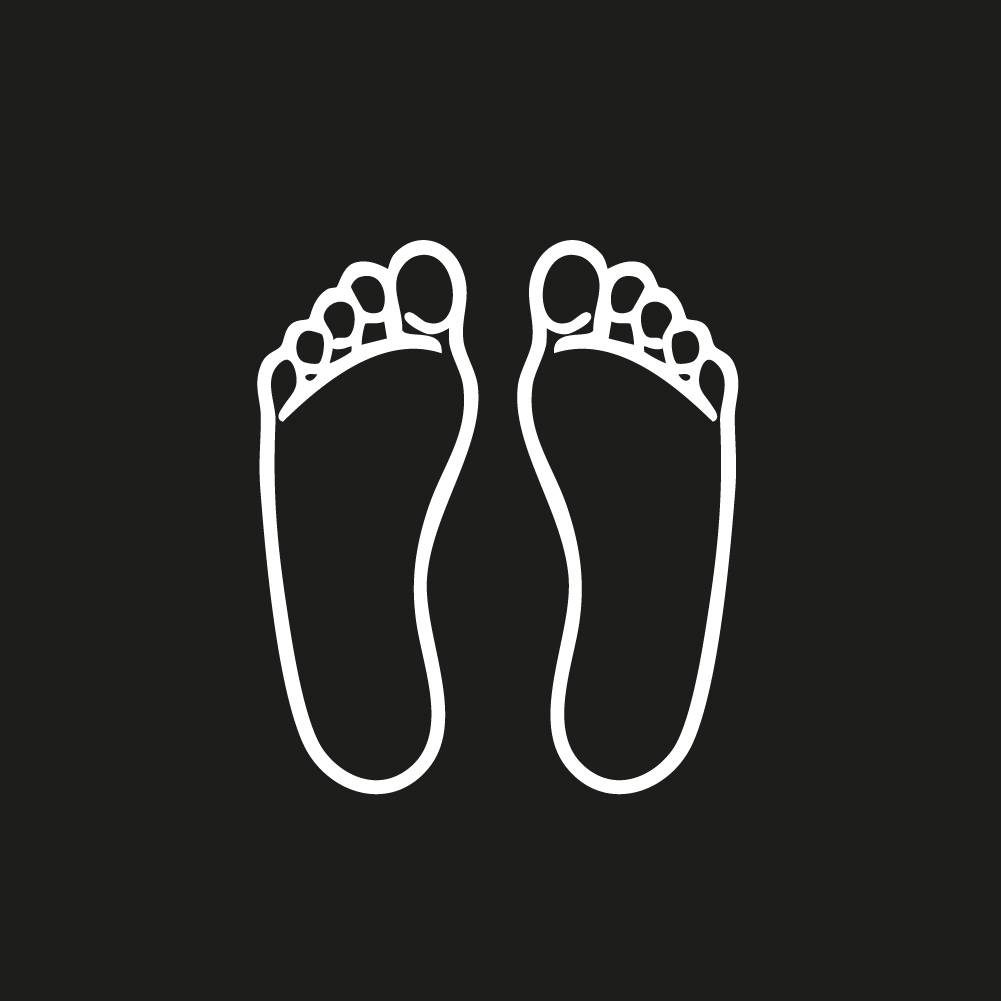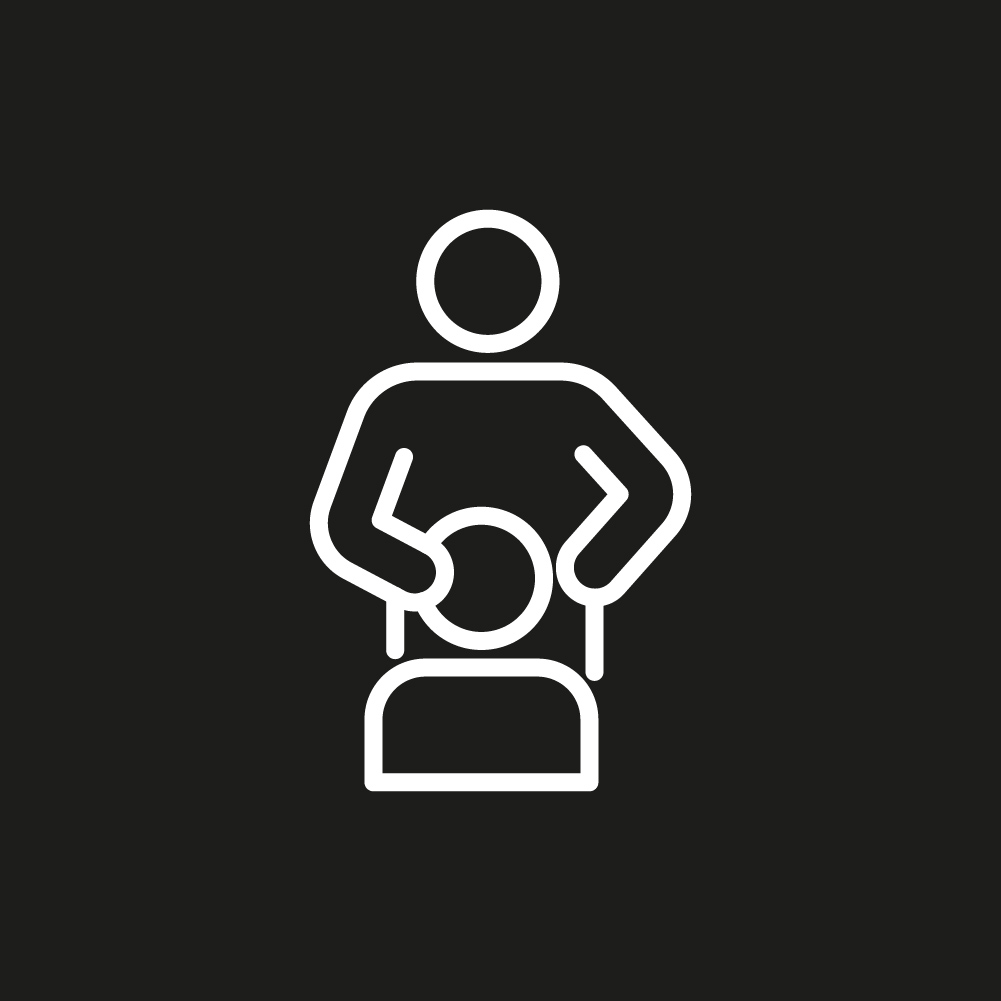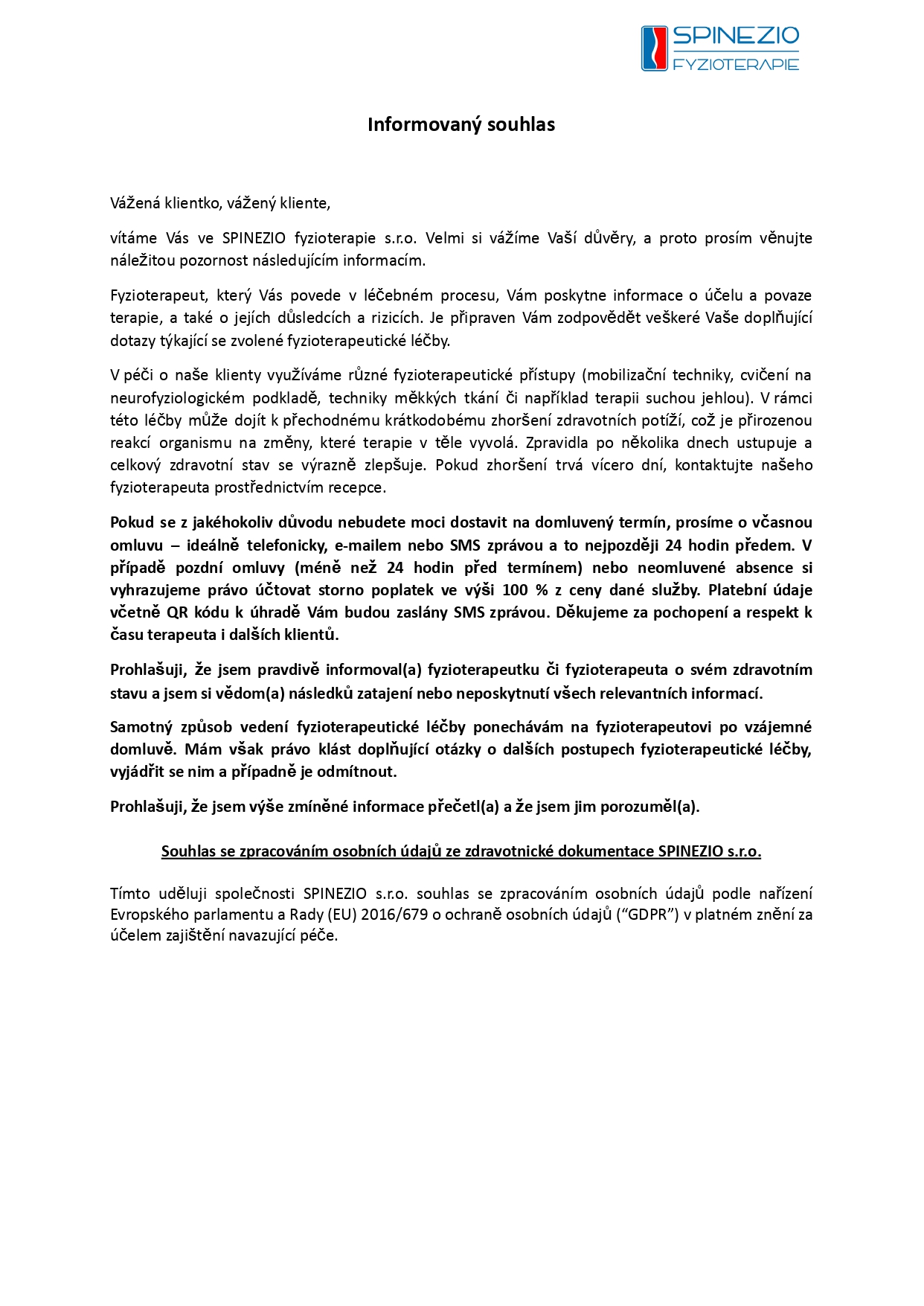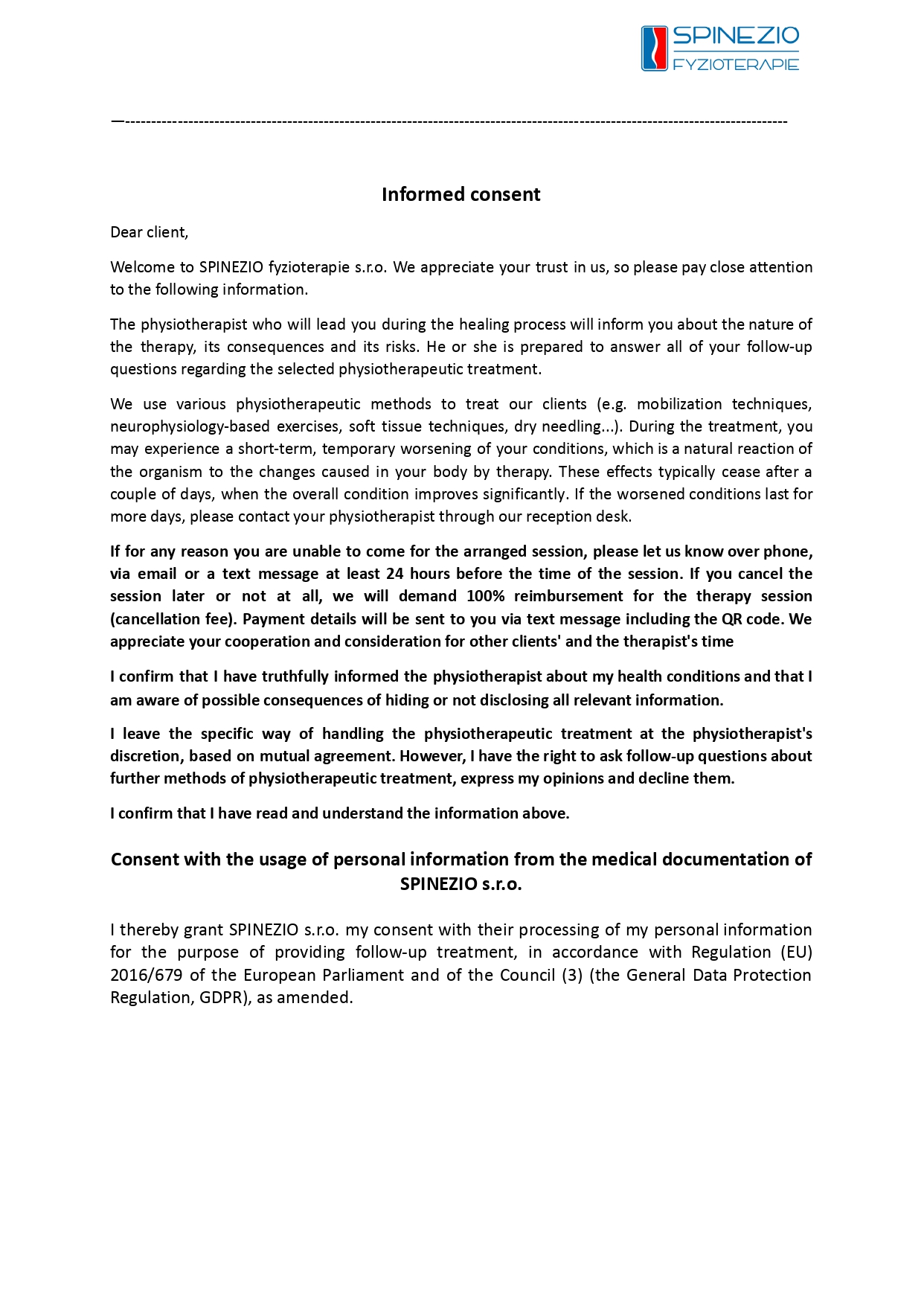It is absolutely incredible what a developmental sprint and progress the human body makes from the fusion of the male and female sex cells. Summarizing everything that happens in our body from that moment to adulthood is almost impossible or would require writing several books. In this article, we would like to take a comprehensive look at the psychomotor development of children, especially so that parents who are interested in the development of their children can be calm, which will naturally benefit those who need it most. The individual periods of development from the perspective of muscle involvement and body posture in space will be discussed in more detail in future articles. This text can lead to reflection on what influences our life with children and show the way to the much-desired peace of life, even with a baby.
If we look at life itself through a non-traditional lens, as if the development of a child's body begins with the very idea of the future mother and father to have children. And it is worth mentioning that the idea and plan of what life with a baby will be like and the reality of life with a baby and children are actually about as similar as the colors black and white.
The development and functioning of the human body is based on the principle of cooperation and is largely influenced by the surrounding environment. If the environment is rushed, hectic and stressful, it will always affect the fetus in the mother's body. Likewise, if the mother is sad, scared for any reason or angry, this "stressed" energy coming from her mind will always affect the developing fetus in her belly. It may sound supernatural or esoteric to some, and there are countless influences on the body, but not only our experience confirms that the energy acting on the child is the most important component for the harmonious development of the human body both in the mother's belly and after coming into this world. It should therefore be a logical question, even before conception, what kind of environment we want to bring the baby into. It is not only about material security, but also (and especially) about understanding ourselves and the interpersonal harmony of the people around us. If the energy surrounding the baby is loving and cooperative, the child has wonderful conditions for harmonious, satisfied, correct and healthy development of not only the physical shell, but also the personality.
A baby's body comes into this world as a lump of muscles, bones and other tissues, when at the very beginning of our life we especially need peace, warmth and security. All communication of the baby towards us adults through the body, looks, muscle tension and tummy or crying is the symbolic litmus test, which indicates that everything is fine or that we adults have to change something in our approach. And it is precisely the discovery and subsequent understanding of this communication channel that has a beneficial effect on all involved.
The development of posture itself can be perceived as a journey from an asymmetrical and unstable to a symmetrical and stable body position in space. Within a few weeks of life, the baby abandons asymmetry and instability and is able to focus its gaze, turn its head from one side to the other, lift its legs against gravity, or is able to lean on its forearms in a tummy position. Other skills are gradually acquired (we will discuss these in the following articles) and we can mentally stand with our mouths open and just marvel at the perfection that has appeared in our lives in all respects.
In our approach at SPINEZIO physiotherapy, we perceive how difficult it is nowadays to maintain our inner peace, let alone with a baby. Thanks to the flood of information, unfortunately often contradictory, maintaining peace and well-being is one of the most difficult disciplines in our lives. That is why we decided to write this article as a kind of “tip” on how we can perceive children and what is most important for their harmonious development in this world. And thus calm ourselves.
In SPINEZIO physiotherapy, PhDr. Petr Zahradník, Ph.D. and Bc. Terezka Buzková are dedicated to infants and young children.

